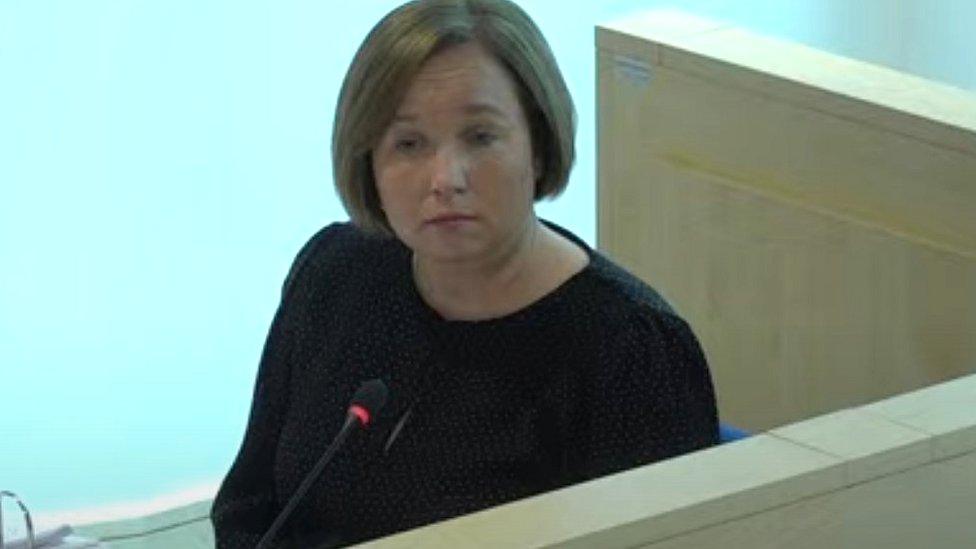Manchester Arena Inquiry: Fire chief says he let everyone down
- Published
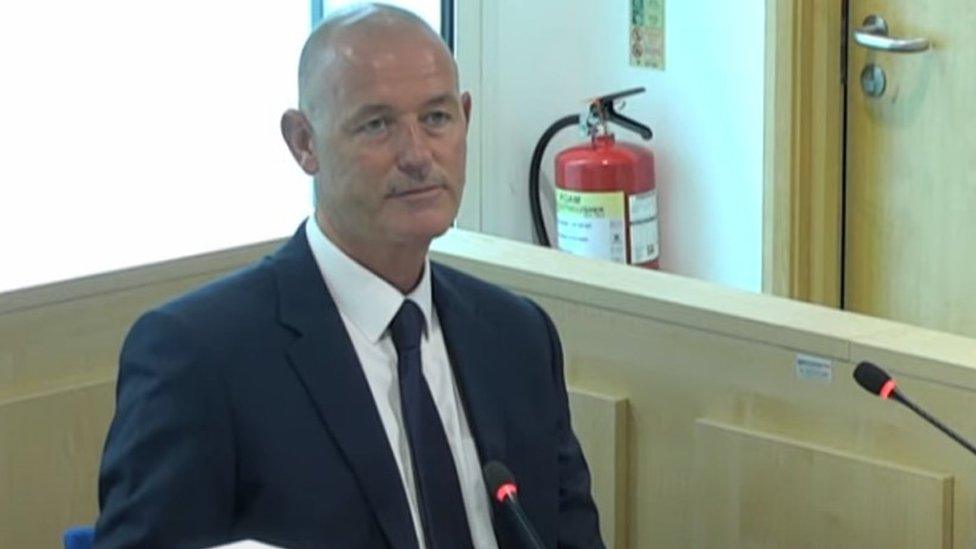
Peter O'Reilly apologised to the bereaved families and said he would regret his failings "for the rest of my life"
Greater Manchester's former chief fire officer has said he "let everyone down" after the Manchester Arena bombing.
Peter O'Reilly told the Manchester Arena Inquiry he and Greater Manchester Fire and Rescue Service (GMFRS) felt "devastated" they did not contribute as expected to after the May 2017 attack.
He apologised to the bereaved families for his failings and those of GMFRS.
The inquiry has previously heard firefighters were not sent to the scene until two hours after the bombing.
The hearing was told Mr O'Reilly was in bed at home when he was called at 23:08 BST on 22 May 2017 to tell him there had been an explosion at the arena at 22:31.
He said when he arrived at the command room at 23:49, there was "utter confusion" about what had happened and he had assumed crews were already on scene with more specialist resources on standby to deploy.
He was then told there were no fire crews at the arena.
"Eventually we got the televisions on and it was very quickly after that we've seen ambulances," he said.
"It was a surreal moment because it was almost you were questioning yourself - are these stock images or are they live? - but it was clear they were live and there was a ticker tape running across the screen saying people had died."
The bombing killed 22 people and injured hundreds more.
Mr O'Reilly said he could not explain why he did not immediately send firefighters to the scene.
He said he knew he had "let everyone down".
Turning to face the families attending the hearing, he said: "I want to apologise personally for all of my failings and all of the failings of the organisation on 22 May."
"I am so sorry and I'll regret my failings for the rest of my life," he added.

Twenty-two people were killed in the May 2017 bombing
He went on to defend his later decision to send 12 regular firefighters to the scene and said that was the number requested by North West Ambulance Service deputy director Steve Hynes, who spoke to Mr O'Reilly from the scene at 00:12.
"I was as surprised as anyone when Steve told me he needed 12 firefighters," he said.
"I asked him what for and he said 'we need 12 firefighters to help with casualty recovery at the scene'."
He added that he had also been surprised to receive a call from Andy Berry, who was performing the tactical role of duty national inter-agency liaison officer on the night, just before firefighters were finally deployed at 00:54.
He said Mr Berry seemed to be seeking his approval to send crews, but as the on-scene commander, it was Mr Berry's responsibility to make operational decisions.
"It was a real surprise to me that I was getting a phone call at all with regards to the deployment of resources," he added.
The inquiry continues.

Why not follow BBC North West on Facebook, external, Twitter, external and Instagram, external? You can also send story ideas to northwest.newsonline@bbc.co.uk
Related topics
- Published12 July 2021
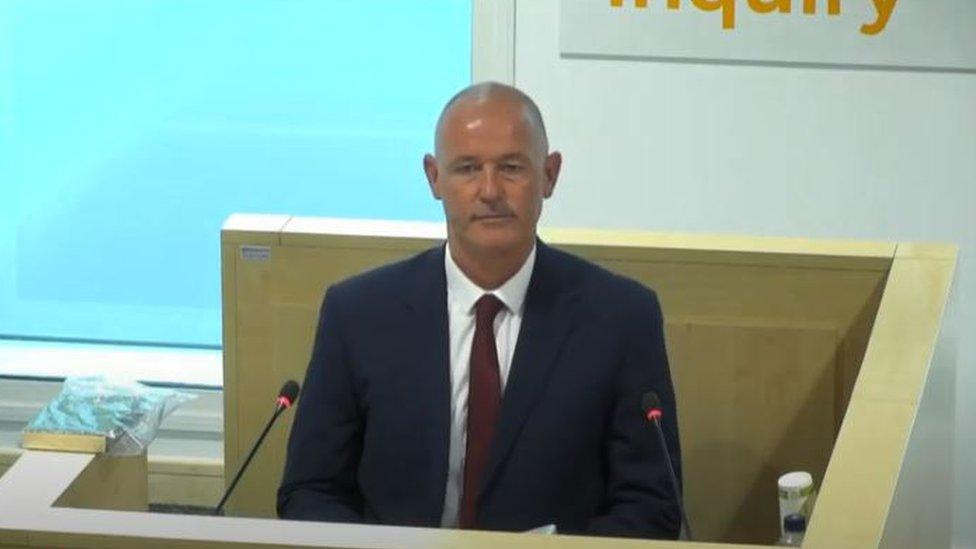
- Published8 July 2021
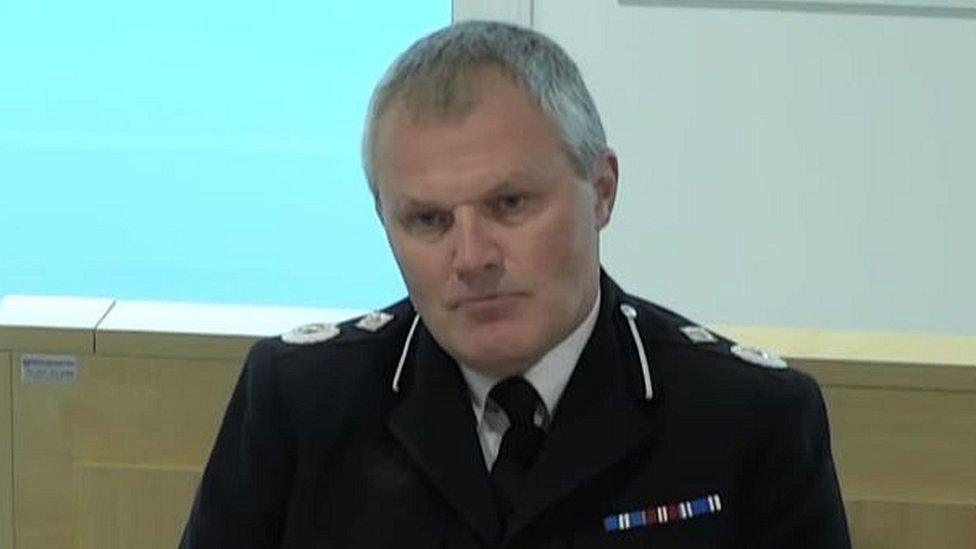
- Published7 July 2021
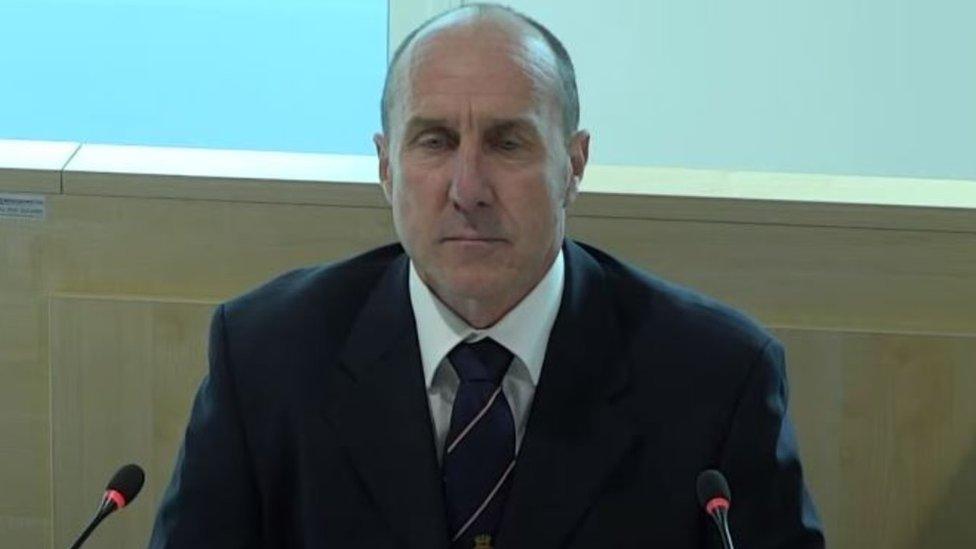
- Published5 July 2021
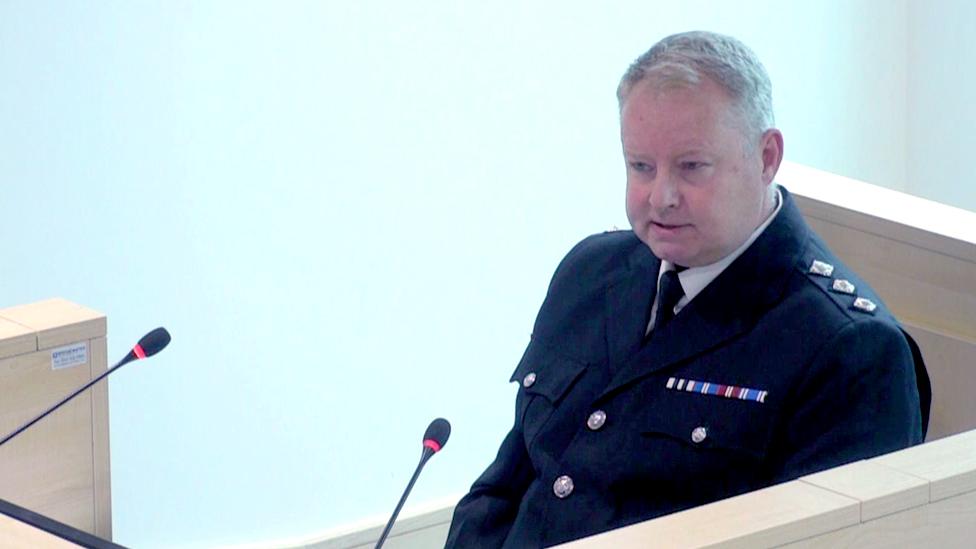
- Published30 June 2021
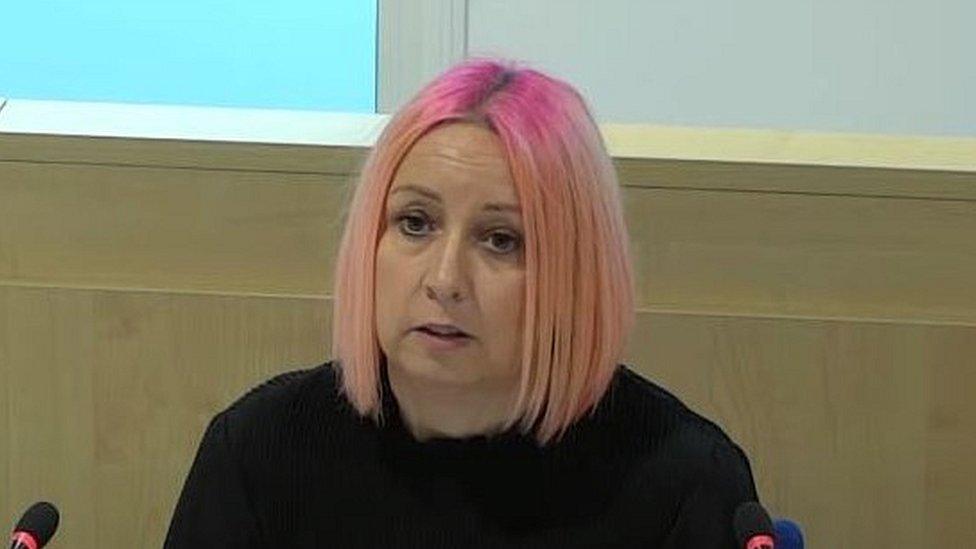
- Published29 June 2021
